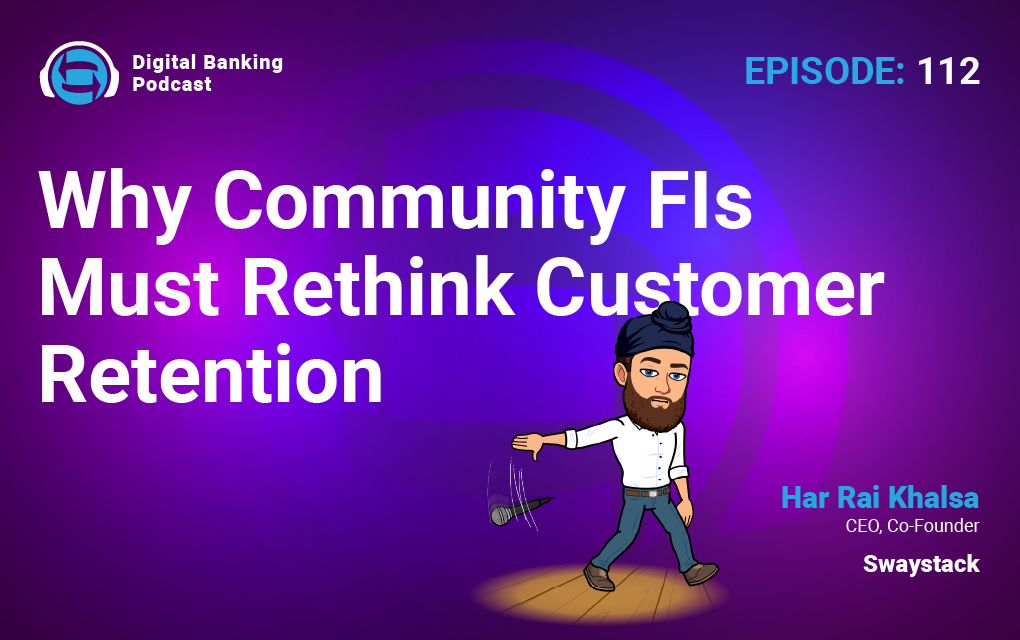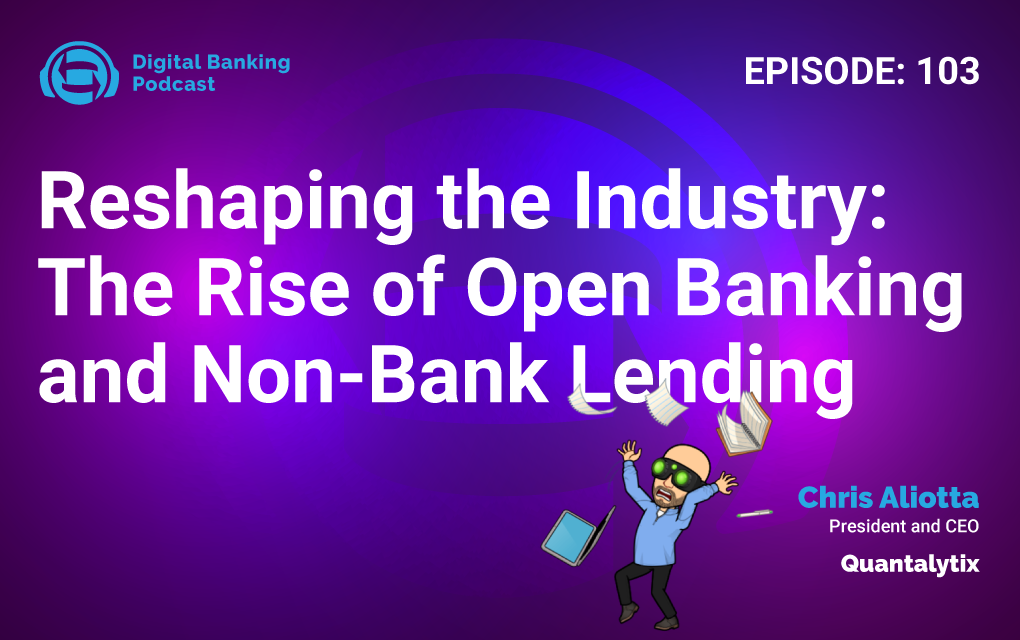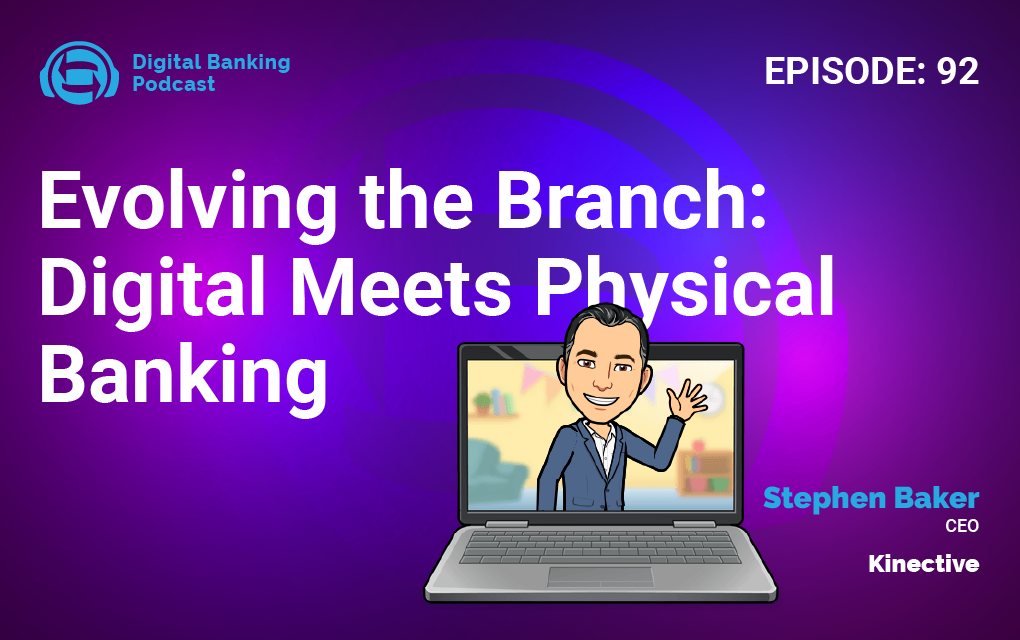Episode Summary
There was a time when most banking business was conducted at the branch. The interaction with the same people week after week made for a warm, personal experience.
Thanks to technology, we wait longer to use the ATM so that we don’t have to talk to anyone. As a result, that warm, personal experience is at risk of going the way of the dodo bird.
Joel Schwartz, Founder and co-CEO of DoubleCheck Solutions LLC, joins our host Josh DeTar to discuss how fintech and digitized banking can actually make for a warmer, more personalized experience that your parents might remember.
Key Insights
⚡ Fintech has a unique disconnect: selling tech to a company for the company’s client’s to use.
This often creates a disconnect between what the financial institution thinks customers want and what the customers actually want. “I just pictured this brick wall, which let’s say is the financial institution, and then behind that is the fintech. And on the other side of the brick wall is the customer, and a lot of times, the company selling it, they don’t see what’s on the opposite side of the wall, what the customer has. They haven’t done it. They’ve stopped at the brick wall, and they don’t realize they need to help the institution, or they need themselves to go to the other side of the brick wall and say, ‘This is how you’re going to deliver it. This is how the brick wall comes down,'” Joel says.
⚡ Financial institutions need to be able to select the fintech their customers specifically need.
Joel talks about how it’s the fintech company’s responsibility to make their new technology work with existing technology. “If you think about all the new technologies that are coming in place and the providers out there, [FIs] want to almost have a cafeteria style. I want to be able to go out there, and I want to put on my plate what I want … That demand is getting bigger and bigger,” says Joel.
⚡ Fintech companies need to ask the financial institutions they work with questions if they want to improve.
Joel says fintech companies often don’t ask questions because they are too afraid of looking like they can’t provide a service or are unprepared. “People do want to help. It’s when you rush the process too much [you run into problems]… People do want to help. It’s when you are afraid to ask for help that you end up in really horrible situations,” he says.
About The Guest

“The one thing I learned in the banking industry: You need to worry more about my business than your business. And if you’re not worrying about my business, I can’t give you attention for your business.”









